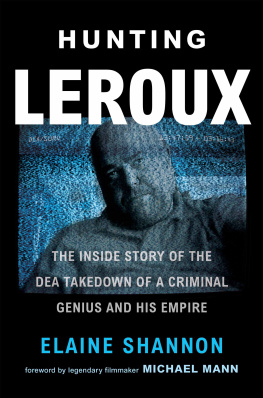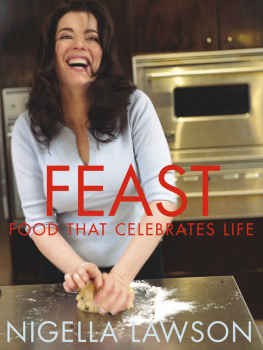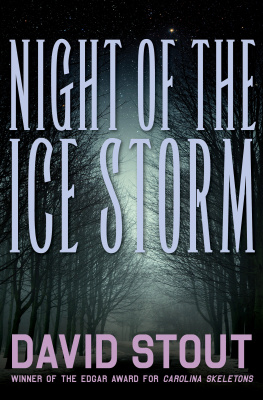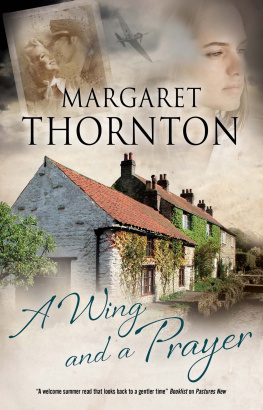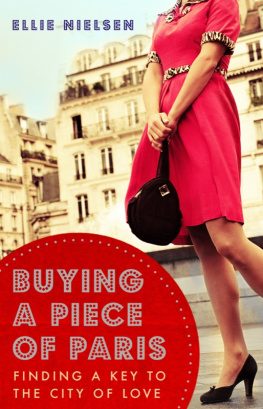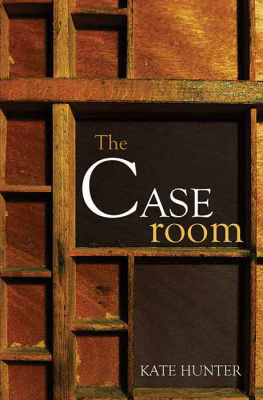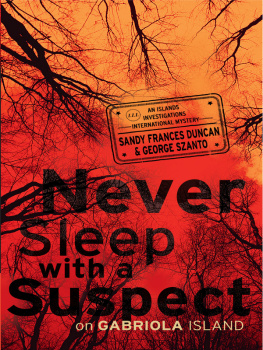Praise for By the Shore
Completely delightful.Fay Weldon
By the Shore is astoundingly well-written. Craze doesnt drop topical references, nor does she patronize her narrator as adults taking on a childs voice often do. In fact, she never falters.... Craze has created an ageless coming-of-age story.
Seattle Weekly
In May, Craze has crafted a fully realized portrait of a young girl who is leaving her childhood behind.... In its tender, playful final moment, the novel opens into a world after childhood, yet inspired by its promise.
The National Post (Canada)
Craze draws these characters with a feathery touch, just light enough to trace the essentials without leaving a smudge.
Los Angeles Times
By the Shore is a beautifully realized evocation of a childs world, a glimpse into an experience not yet sufficiently explored: the life of a child of a child of the 60s. This book is entirely original, full of rich detail and a slant and quirky wit.
Mary Gordon
Craze paints a gentle picture of the vulnerability and venom of childhood.... By the Shore [is] an amusing, gritty debut which has rightly been making waves in the literary world.
The Independent on Sunday (London)
Intelligent... Moving... An impressive and thoughtful debut.
The Guardian (London)
Crazes odd, lovely book... patiently floats along in its own strange sea.... [Its] charm lies in Crazes slightly skewed perspective, the way she tells things slant, as Emily Dickinson put it.
Time Out New York
Lovely and understated... Rarely has an author captured the thoughts and emotions of a painfully sensitive, precocious adolescent girl so well.
The Austin Chronicle
By the Shore is one of the better books by any new writer on the scene at the moment.... A truly skillful novel.
The Express (London)
The pure beauty of [By the Shore] is in the authors ability to convey monumental moments in a girls life with minimal action.
The Oakland Press
The great thing about Crazes vision is that although she is so clearsighted about the traumas of adolescence... she also manages to remind you of that strange, fizzy joy that most of us remember from our teenage days.
Vogue (Britain)
BY THE SHORE
A NOVEL BY
Galaxy Craze

Copyright 1999 by Galaxy Craze
All rights reserved. No part of this book may be reproduced in any form or by any electronic or mechanical means, including information storage and retrieval systems, without permission in writing from the publisher, except by a reviewer, who may quote brief passages in a review. Any members of educational institutions wishing to photocopy part or all of the work for classroom use, or publishers who would like to obtain permission to include the work in an anthology, should send their inquiries to Grove/Atlantic, Inc., 841 Broadway, New York, NY 10003.
Published simultaneously in Canada
Printed in the United States of America
Library of Congress Cataloging-in-Publication Data
Craze, Galaxy.
By the shore / Galaxy Craze.
p. cm.
eBook ISBN-13: 978-0-8021-9683-5
I. Title.
PR6053.R378B98 1999
823.914dc2I
98-50520
CIP
DESIGN BY LAURA HAMMOND HOUGH
Grove Press
841 Broadway
New York, NY 10003
For my grandmother Polly Smith,
my mother Sophy Craze
and in loving memory of my grandmother
Hannah Craze
BY
THE
SHORE
One
It can be dangerous to live by the shore. In the winter, after a storm, things wash up on it: rusty pieces of sharp metal, glass, jellyfish. You must be careful where you tread. Sometimes I see a lone fish that has suffocated on the shore and think for days that there are fish in the water waiting for it to return. Then I think, There is nowhere to be safe.
But in the summer, when the guests are here, there are different things in the sand: suntan lotion, coins, and flip-flops. I even found a silver watch and it was still ticking. Once I found what I thought was a piece of skin buried in the sand. I made my brother Eden pick it up with a twig and put it in a jar of water.
This house used to be a girls school. It had a bareness, which was its beauty. There were rusty coat hooks in the front hall and wooden cubbyholes with the names of the girls etched in them.
My mother, my brother Eden, and I moved here from London two years ago. I was ten, then, and Eden was four. When we first walked into the house, I thought, There is so much room, I can do whatever I want; I can do cartwheels down the hallways. But then we moved into the old headmistresss flat on the top floor, which had small rooms and slanted ceilings. The rest of the house was for the guests. Annabel, my mothers friend from London, came to help decorate; she hung curtains and put soap dishes in the bathrooms.
In the summer all the rooms are full. People come to swim in the sea, to sunbathe on the rocks. During the autumn and winter hardly anyone comes to stay, and I move into one of the empty guest rooms at the bottom of the house.
One afternoon, near the end of October, I came home from school and all my books, clothes and china animals had been moved. As I stood in the doorway, I thought, I must have walked into the wrong room. A broom lay on the floor next to a dustpan. The sheets had been taken off the bed. The windows were open and the rain was coming in.
I walked out of the room along the stone passageway and the steps that led to the back staircase. Then I walked up three flights of stairs, to our flat at the top of the house, to find my mother.
She was in the kitchen making tea. Annabel, who was visiting from London, sat at the table holding a cigarette.
I thought I heard elephant footsteps, Annabel said, when she saw me. I didnt look at her.
What have you done to my room? My mother had her back to me. She was pouring water into the teapot. Eden sat on the floor, practising his handwriting.
I did nothing. Annabel put everything in a box.
Why?
A guest wants it. Would you like a cup of tea? She put the pot on the table and sat down.
Why dont you put the guest in one of the rooms on the first floor? I asked, standing with my arms crossed. I had the feeling she had done this to spite me.
He wanted the quietest rooms in the house. You can stay in one of the others if you want.
I cant sleep there. It was true; some nights I would hear the sound of opera music below us. I would sit up in bed and listen. I heard what sounded like a party coming from the guest sitting room on the first floor: voices and the clink of glasses, a fire crackling and someones laugh. But when I looked, walking slowly down the stairs, the room went quiet. It was dark and there was no one in it.
Im sorry, darling, but we need the money.
Hes not going to like that dungeon when he sees it, Annabel said. I liked Annabel; she brought the city with her.
Hes a writer, my mother said.
A writer? Annabel said. You didnt tell me. Who is it?
My mother was mixing butter and honey with a knife on her plate. She looked confused.
Well, what did he sound like? Annabel asked.
Who?
The writer.
I never spoke to him. A woman phoned and made the bookings.
His wife? Annabel asked.
How long is he planning on staying? I asked. I sat down at the table with them. I wanted some tea.
She said until Christmas. She spread the mixed-up butter and honey on a piece of bread and cut it in half. I took one of the pieces.
Next page



